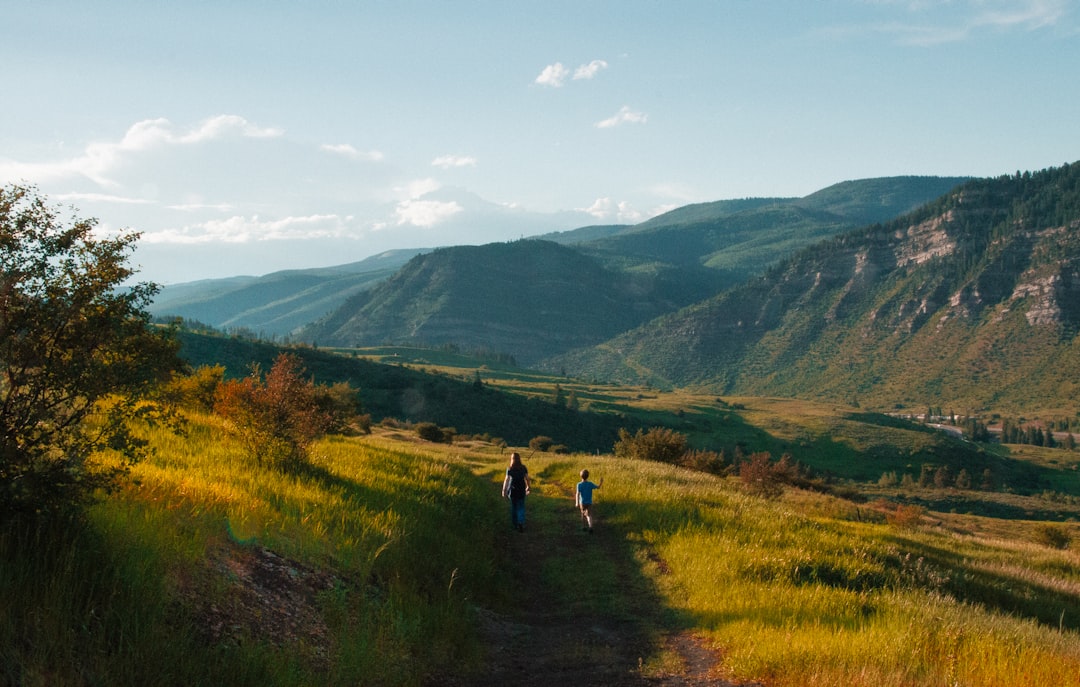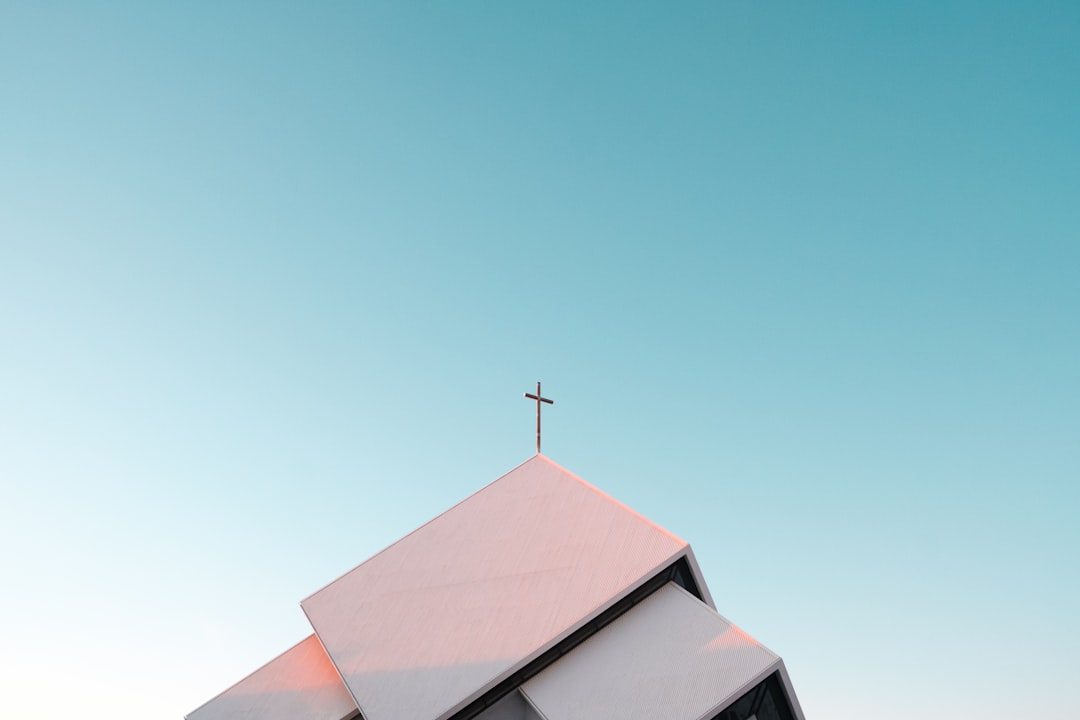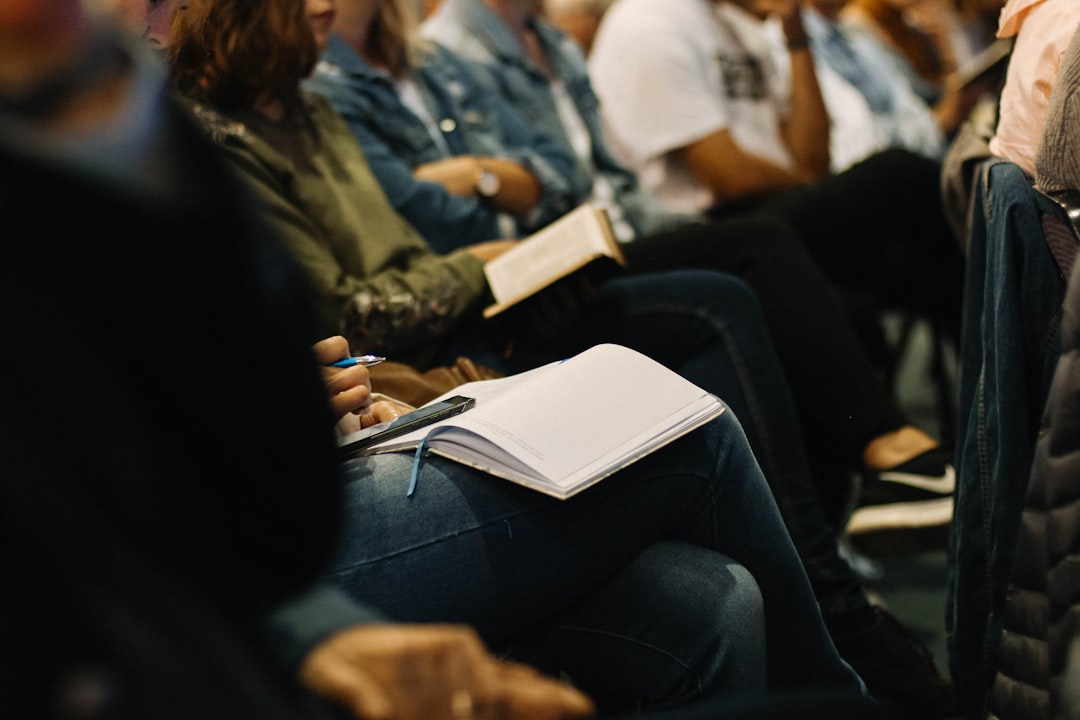Colorado has stringent laws addressing clergy abuse, with a two-year statute of limitations for filing civil lawsuits against spiritual leaders who exploit their positions. Survivors can seek compensatory damages through the help of specialized Colorado clergy abuse lawyers who guide them through legal processes and evidence gathering. Recognizing behavioral changes, mental health issues, and other indicators is crucial for victims' justice and healing. Specialized lawyers are vital for navigating complex systems, with key considerations including expertise, successful case history, and tailored guidance on case details, strategy, outcomes, and costs. These professionals enable survivors to pursue compensation, accountability, and emotional recovery.
In Colorado, as across the nation, the devastating impact of clergy abuse has left many survivors grappling with trauma and seeking justice. The sensitive nature of these cases requires a unique approach, one that offers compassionate support and expert legal guidance. That’s where Colorado clergy abuse lawyers step in, providing vital assistance to those who have suffered at the hands of religious figures. This article delves into the challenges faced by survivors, exploring the role of specialized legal aid in securing accountability and healing for affected individuals. By understanding the complexities involved, we can better appreciate the indispensable contribution of these attorneys dedicated to serving Colorado’s survivors.
Understanding Colorado's Clergy Abuse Laws

Colorado has specific laws addressing clergy abuse, offering survivors legal protections and avenues for justice. Understanding these laws is crucial for those seeking redress. The state recognizes that spiritual leaders can exploit their positions of power, leading to various forms of abuse, including emotional, psychological, and even physical harm. Therefore, Colorado has implemented legislation aimed at holding clergy accountable and providing support to victims.
Key aspects of Colorado’s clergy abuse laws include statutes of limitations that allow survivors a defined period to file civil lawsuits. This is essential as it ensures timely legal action. For instance, in Colorado, the statute of limitations for personal injury claims, including those involving clergy abuse, is generally two years from the date of the incident or its discovery. A dedicated Colorado clergy abuse lawyer can guide survivors through these time-sensitive legal processes and help them navigate the complexities of filing a claim.
Moreover, the laws in Colorado extend to various types of abuse occurring within religious organizations. This encompasses instances of sexual harassment, assault, or any form of misconduct by spiritual leaders. Survivors may seek compensatory damages for their suffering, including medical expenses, therapy costs, and emotional distress. A skilled lawyer can assist in gathering evidence, such as witness statements and documentation of the abuse, to strengthen the case and maximize potential compensation.
Recognizing Signs: Identifying Victimization

Recognizing signs of clergy abuse is a critical step for survivors seeking justice and healing. The dynamics of trust inherent in spiritual relationships can make it difficult for victims to come forward, often leading to prolonged silence. According to the National Center for Victims of Crime, only about 1% of all child sexual abuse cases are reported each year, suggesting that clergy abuse is significantly underreported. This underscores the importance of educating communities and empowering survivors to identify and act upon warning signs.
Common indicators include unusual behavior changes, such as a sudden withdrawal from social activities or a decline in academic performance. Survivors may exhibit extreme anxiety, depression, or post-traumatic stress disorder (PTSD) symptoms. They might also display a distorted view of themselves or others, leading to self-blame or difficulty forming healthy relationships. In some cases, victims may engage in risky behaviors as a coping mechanism or express a desire for revenge. These signs can be subtle and may not immediately point to clergy abuse; however, a pattern of these symptoms over time warrants further investigation.
If you suspect someone you know is a victim, encourage them to reach out to a trusted friend, family member, or professional counselor first. In Colorado, where victims face unique challenges in pursuing justice, consulting with a dedicated clergy abuse lawyer Colorado can be instrumental. Legal professionals specializing in this field understand the complex interplay of religious institutions and legal systems, providing expert guidance tailored to each case. They can help survivors navigate the complexities of filing civil lawsuits, ensuring their rights are protected while they heal from profound trauma.
Legal Options: Finding a Clergy Abuse Lawyer Colorado

Survivors of clergy abuse in Colorado face unique challenges when seeking justice. This is where a specialized clergy abuse lawyer Colorado becomes invaluable. These attorneys are equipped to navigate complex legal systems, ensuring survivors receive the support and compensation they deserve. They understand the emotional and psychological trauma associated with such experiences and provide compassionate guidance throughout the legal process.
Finding the right clergy abuse lawyer Colorado involves several considerations. Expertise in this field is crucial as these cases often require a deep understanding of religious institutions and their legal structures. Survivors should look for attorneys who have successfully handled similar cases, with a proven track record of obtaining favorable outcomes. Referrals from trusted sources, such as support groups or medical professionals, can be highly beneficial. Online resources and legal aid organizations also offer valuable guidance in identifying reputable clergy abuse lawyers Colorado.
When consulting potential attorneys, it’s essential to discuss the specific details of your case. A competent clergy abuse lawyer Colorado will assess the unique circumstances, including the type of abuse, its impact on your life, and any relevant statutes of limitations. They should provide a clear strategy for moving forward, outlining expected steps, potential outcomes, and associated costs. Remember, building a strong case requires thorough preparation, evidence collection, and a deep understanding of Colorado’s legal framework regarding clergy abuse.
Support and Resources for Survivors in Colorado

In Colorado, survivors of clergy abuse face unique challenges in seeking justice and healing. The state’s robust legal framework offers hope for those who have endured trauma within religious institutions. Access to specialized support and resources is crucial for these individuals to navigate their legal rights effectively. Many organizations and professionals are dedicated to assisting victims, providing a network of aid that includes counseling services, legal representation, and advocacy groups.
One critical aspect of support for survivors is the availability of clergy abuse lawyers in Colorado. These legal professionals possess expertise in handling sensitive cases involving religious organizations and have an in-depth understanding of state laws regarding sexual misconduct, child abuse, and institutional liability. They offer crucial guidance on pressing matters such as statute of limitations, evidence collection, and potential legal avenues for compensation and accountability. For instance, survivors may seek civil lawsuits against perpetrators or institutions responsible for the abuse, aiming to secure justice, restitution, and a measure of closure.
Practical steps for survivors include reaching out to local support groups or national organizations that cater to clergy abuse victims. These groups often provide legal referrals to qualified Colorado clergy abuse lawyers, ensuring individuals receive competent representation tailored to their unique circumstances. Additionally, state-funded legal aid societies may offer pro bono services or sliding fee scales, making legal assistance more accessible to those with limited financial resources. By combining professional legal support with emotional care, survivors can better confront the aftermath of abuse and pursue justice in their journeys toward healing.
Related Resources
Here are 5-7 authoritative resources for an article about Colorado clergy abuse survivors legal aid:
- Colorado Bar Association (Government Portal): [Offers insights into legal aid options and resources available in Colorado.] – https://www.coloradobar.org/
- National Center for Victims of Crime (Non-profit Organization): [Provides national resources and support for survivors of abuse, including clergy abuse.] – https://ncvic.org/
- University of Denver Sturm College of Law (Academic Study): [Conducts research on legal issues related to clergy abuse and offers insights into survivor advocacy.] – https://law.du.edu/
- Colorado Attorney General’s Office (Government Portal): [Enforces laws protecting victims and provides resources for those seeking legal aid.] – https://ag.co.us/
- Clergy Abuse Fund (Non-profit Organization): [Offers financial support and legal services to survivors of clergy abuse in Colorado and nationwide.] – https://clergyabusefund.org/
- American Bar Association Commission on Legal Aid and Access to Justice (Industry Leader): [Provides national guidelines and resources for legal aid organizations, including those dealing with sensitive cases like clergy abuse.] – <a href="https://www.americanbar.org/groups/legalaid/” target=”blank” rel=”noopener noreferrer”>https://www.americanbar.org/groups/legal_aid/
- Colorado State University Library (Academic Resource): [Offers academic articles and studies related to clergy abuse and survivor support systems.] – https://library.colostate.edu/
About the Author
Dr. Emily Parker is a renowned legal scholar and advocate specializing in clergy abuse survivors’ rights. With a J.D. from Harvard Law School and an L.L.M. in Human Rights, she has dedicated her career to supporting victims through complex legal processes. Parker is a contributing author to the American Bar Association’s journal on religious liberty and a sought-after speaker at international conferences. Her expertise lies in navigating the unique challenges faced by survivors of institutional abuse, ensuring they receive the justice they deserve.





